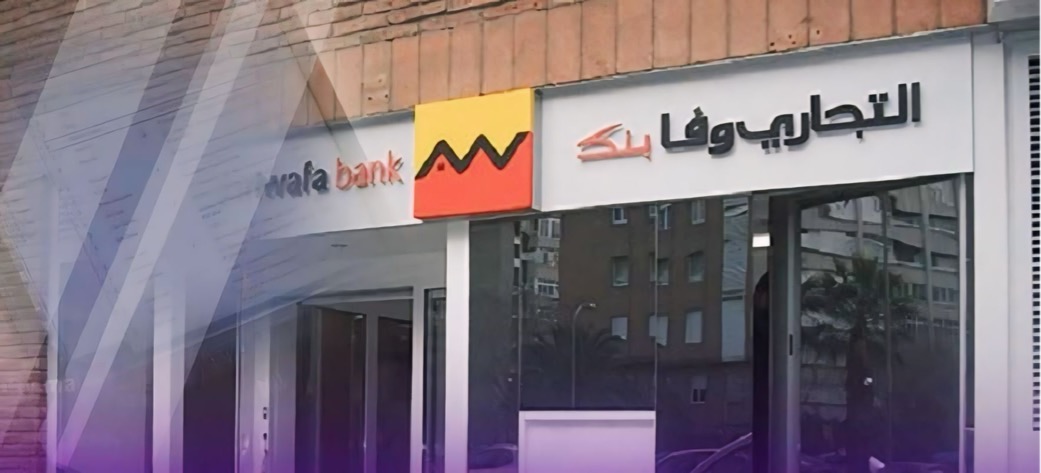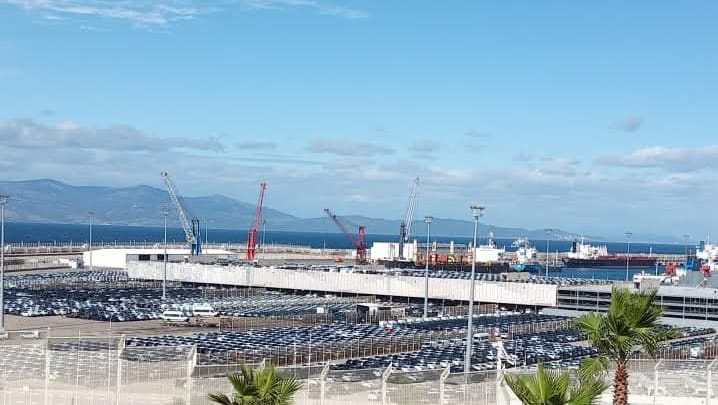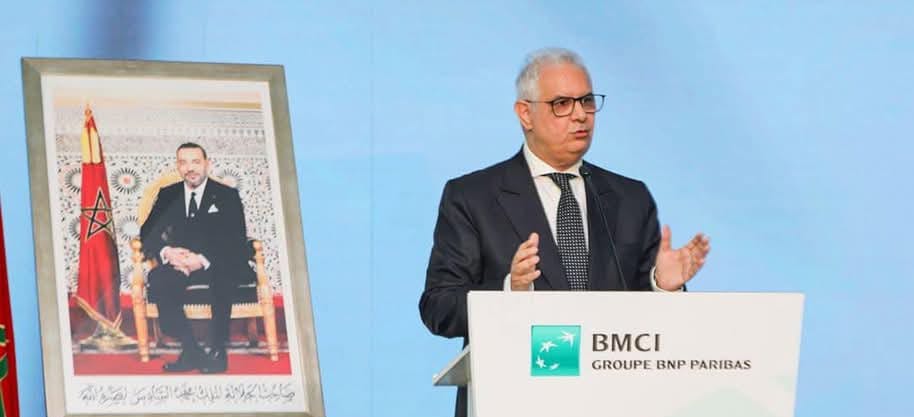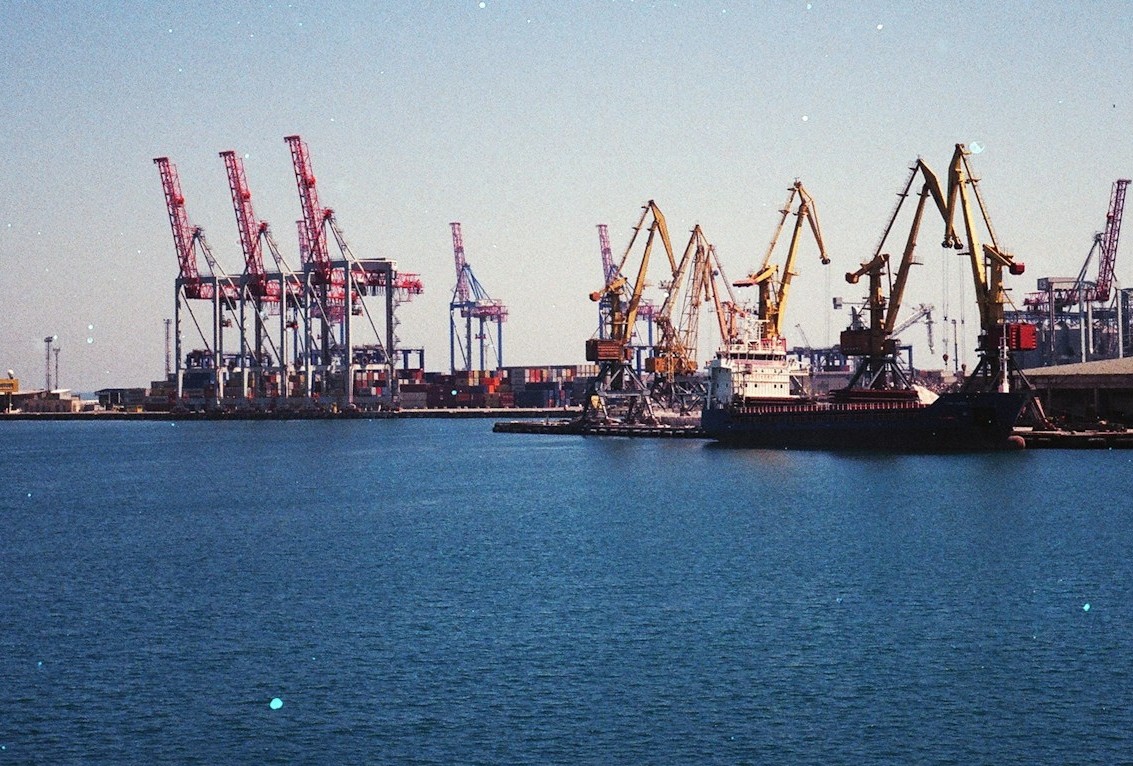Casablanca-The Executive Director of the Moroccan Observatory of Very Small, Small, and Medium Enterprises (OMTPME), Amal Idrissi, has voiced deep concerns regarding the notable surge in business dissolutions across Morocco. In a recent interview with MAP, Idrissi shed light on the worrisome statistics, revealing that business dissolutions escalated by a significant 18% in 2022 compared to the previous year, and by a staggering 28% when compared to 2019 figures. This upward trajectory in business closures raises fundamental questions about the underlying economic dynamics at play, prompting Idrissi to stress the critical need for special attention and intervention from economic policymakers.
Delving deeper into the issue, Idrissi emphasized that upon conducting thorough balance sheet analyses, glaring financial vulnerabilities within SMEs emerge as significant contributors to the surge in business dissolutions. These financial fragilities often lead to the premature delisting of many companies before they have the opportunity to reach maturity, with an alarming 50% of business closures affecting enterprises with less than five years of operational history. Furthermore, the analysis reveals a troubling trend in corporate financial debt, primarily concentrated in bank credit, accounting for a staggering 99.5% of total outstanding credits, which amounted to a substantial 609.8 billion dirhams in 2022 (approximately $62.865 billion USD). This marks an 8% increase compared to the preceding year, signifying the escalating financial strain faced by businesses across the country.
In light of these challenges, OMTPME has put forth strategic recommendations aimed at fostering the growth and resilience of micro, small, and medium-sized enterprises (MSMEs) in Morocco. Foremost among these recommendations is the advocacy for a data-driven approach, urging stakeholders ranging from public authorities to investors and companies to leverage the comprehensive statistics, indicators, and analyses provided by the Observatory. By embracing data-driven strategies, commonly employed in both developed and emerging economies, decision-makers can make more informed and precise decisions aligned with the economic realities faced by MSMEs.
Additionally, OMTPME underscores the paramount importance of evaluating the impact of policies and programs designed to support MSMEs, with a focus on promoting continuous improvement and effectiveness. Recognizing the pivotal role played by the MSME ecosystem in driving economic growth, fostering innovation, and promoting economic inclusion, Idrissi stressed the need for concerted efforts to address the specific challenges faced by these enterprises. Despite their numerical dominance, very small, small, and medium-sized enterprises contribute significantly to the Moroccan economy, accounting for 26% of transactions and a substantial 35% of value added.
Nevertheless, the road ahead for MSMEs in Morocco is fraught with challenges, including limited access to finance and navigating an economic landscape marked by successive crises. As underscored by Idrissi, addressing these challenges is imperative to safeguarding the stability and resilience of the MSME sector, which remains a cornerstone of Morocco’s economic growth and development aspirations.
















